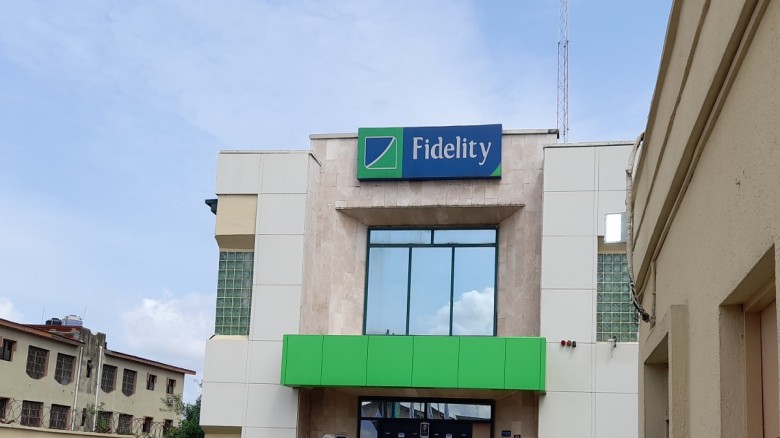Customs gives importers two weeks to clear 905 overtime cargoes
The Nigeria Customs Service has issued a two-week deadline for importers and agents to clear 905 overtime cargoes currently stuck at Lagos ports, or face confiscation by the Federal Government.In a notice released on Monday, the NCS specified that the affected shipments are located at the Apapa, Tin Can Island, and Ports & Terminal Multipurpose Limited (PTML) commands.
Overtime cargoes are defined as shipments that have surpassed their permitted duration at the ports. The agency cautioned that it will initiate the disposal process of these goods immediately after the grace period expires.
“In accordance with the NCS Act 2023, the list of overtime containers and vehicles situated at the specified commands, following a motion of ex parte with case number FHC/L/MISC/823/2025 dated July 31, 2025, is hereby published for public awareness.
“Thus, importers and agents of the overdue goods are granted a two-week timeframe starting from this publication date to finalize the processing and clearing of their goods or risk forfeiture to the Federal Government of Nigeria. It is important to note that under the NCS Act 2023, the NCS will begin disposal proceedings for all uncleared overtime goods immediately after the grace period ends,” part of the notice stated.
The notice indicates that the 905 overtime cargoes comprise 438 units of 40-foot containers and 120 units of 20-foot containers. It also includes around 60 used vehicles of various models and years, in addition to 60 groupage containers and 15 consignments of scrap metal.
This directive follows approximately 18 months after Comptroller-General of Customs, Adewale Adeniyi, established a committee to manage the disposal of overtime cargoes to facilitate smoother import and export operations.
On November 9, 2023, NCS spokesperson Abdullahi Maiwada revealed in a statement that the committee had been launched at the Service’s headquarters in Abuja.
This action aligns with the new Customs Act, which authorizes the Service to dispose of containers that have overstayed in the ports. Adeniyi emphasized that alleviating congestion at the ports remains a primary focus for both the NCS and President Bola Tinubu, as it would enhance efficiency and the facilitation of trade.
NCS spokesperson Abdullahi Maiwada further noted that the values of the impacted containers and vehicles vary, encouraging importers to utilize the grace period to clear their merchandise.
“The items do not share the same value; if they did, their costs and duties would be identical. There is no standard for valuation.
“Even vehicles of the same make and model cannot hold the same value. Furthermore, used vehicles of the same brand and year cannot have an equivalent value due to their varied usage,” he explained.
Nevertheless, industry stakeholders have linked the increasing number of overtime containers to issues such as high exchange rates and escalating inflation.
According to Mr. Eugene Nweke, Head of Research at the Sea Empowerment and Research Centre, “The reasons for people abandoning their imports at the ports include high exchange rates, elevated clearance costs, insufficient loan facilities, and poor purchasing power.”
























Leave A Comment